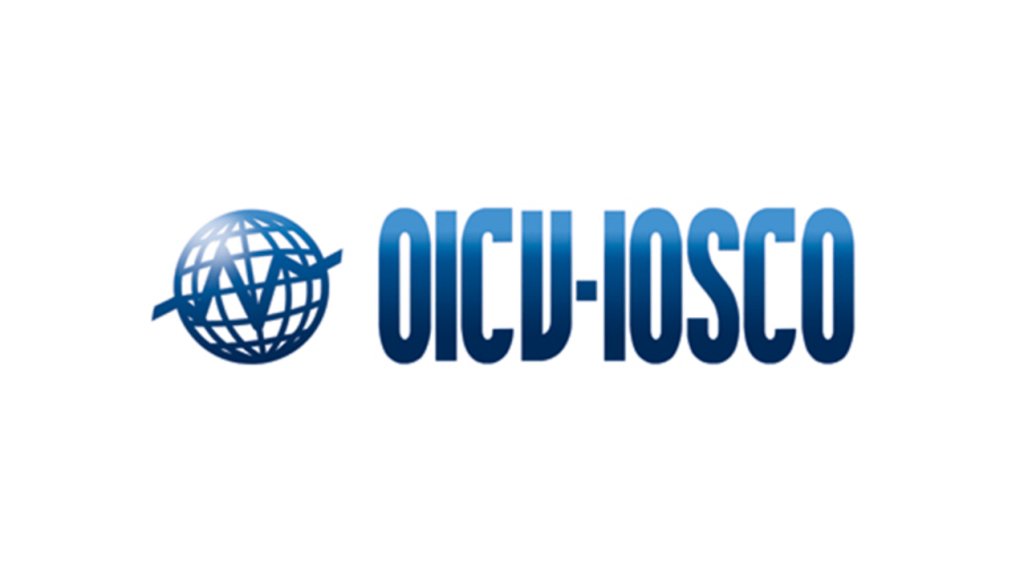The International Organization of Securities Commissions (IOSCO), the global securities regulatory body, recently released its final proposals for digital asset regulation.
The proposals put quite a few events in play and set the stage for another series of events in the crypto industry. Additionally, the IOSCO’s role is advisory, for the most part, but its recommendations have far-reaching consequences.
The report considers regulatory aims and the existing rules or the creation of new ones, depending on the jurisdiction in question.
As for the proposals, the recommendations cover six key areas, including conflicts of interest arising from the vertical integration of activities and functions, market manipulation, insider trading, and fraud, cross-border risks and regulatory cooperation, custody and client asset protection, operational and technological risk, and retail access, suitability, and distribution.
The recommendations focus on keeping digital asset projects aligned with global best practices.
Crypto Asset Providers (CASPs) are in Focus
In its report, the IOSCO focused on crypto asset providers (CASPs) and the critical roles played in the industry.
In its first recommendation, the IOSCO advised national organizations to adapt existing rules governing traditional markets to CASPs and their activities. The aim is to improve investor protection and the integrity of the crypto markets.
Per the second recommendation, digital asset providers should furnish regulators with documentation highlighting organizational governance mechanisms, policies, and procedures. Conflicts of interest and resolution are to follow the processes put in place.
Compliance measures per registration and their appropriate jurisdictions are also to be clearly stated by the CASPs.
The third recommendation covers disclosures of the CASP’s roles and capacities to potential customers. T
The description should be devoid of technical terminology and in as simple language as possible. Such disclosures are before legal agreements.
The fourth recommendation requires the fair execution of orders if the CASP acts as an agent on behalf of another entity.
The CASPs should also disclose to potential clients the mechanisms, systems, and policies in place.
They should also quickly and accurately record the orders.
Per the fifth recommendation, CASPs acting as market agents and go-betweens are to reveal disclosures before and after trading activities in line with regular financial market practices.
Per the sixth recommendation, CASPs should disclose their crypto asset listing and delisting standards, including administrative procedures.
The seventh recommendation covers conflicts of interest in the listing and delisting of digital assets and how CASPs manage and resolve them.
The crypto entities should disclose everything, including overt and covert linkages and relationships.
Per the eighth recommendation, regulators should execute enforcement actions against fraud and market abuse perpetrators.
They also have to focus on already existing rules in this regard.
Regulators should, in the ninth recommendation, conduct market surveillance on CASPs to mitigate occurrences of market abuse.
Per the tenth recommendation, CASPs should effectively manage private market information, especially those involving crypto asset listing and delisting.
The report’s eleventh recommendation admonishes regulators to deploy infrastructure to enable information sharing with their peers.
Client asset protection is the focus of the twelfth recommendation.
The implementation of existing or new frameworks is necessary.
Per the thirteenth recommendation, regulators are to separate client assets from their by placing them in a trust (or suitable arrangements).
The fourteenth recommendation requires CASPs to disclose the terms, infrastructure, and processes of asset custody to clients, including the storage and movement of keys and seed phrases.
Per the fifteenth recommendation, CASPs should conduct regular reviews and reconciliations of client assets.
These activities are subject to third-party supervision.
To prevent the theft or loss of client assets, CASPs should put in place infrastructure that reduces the risks of such events per the sixteenth recommendation.
The seventeenth recommendation requires CASPs to adhere to IOSCO standards regarding operational and technological risks. They are also required to disclose these.
CASPs are required to adhere to IOSCO’s standards during marketing and onboarding campaigns per the eighteenth recommendation.
They should also disclose appropriately the mechanisms, systems, methods, and product suitability of assets to clients during such processes.
The recommendations are all-encompassing but are also modular and open-ended because of the variance of rules for each jurisdiction.
It also means regulators would enforce the rules on a case-by-case basis.
Crypto projects that want to play for the long term must abide by the rules, as they are here to stay.








